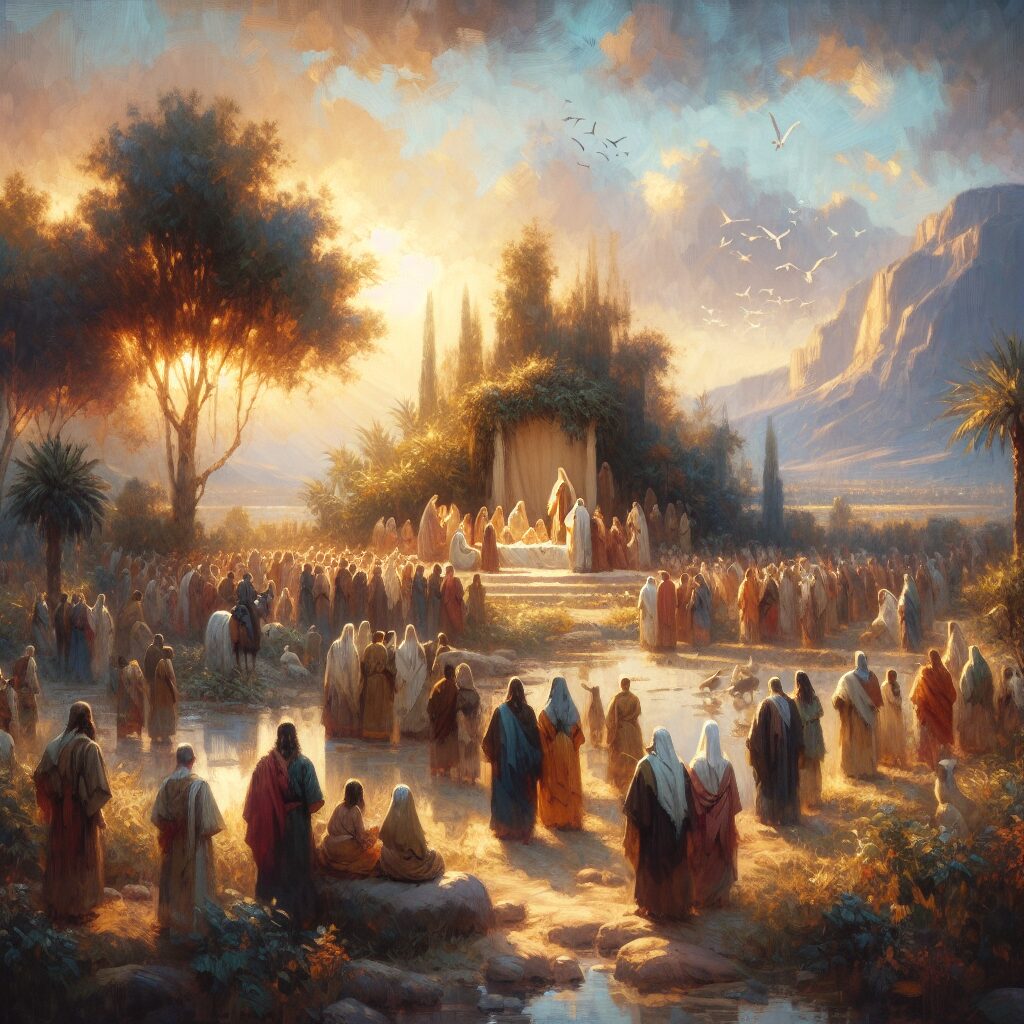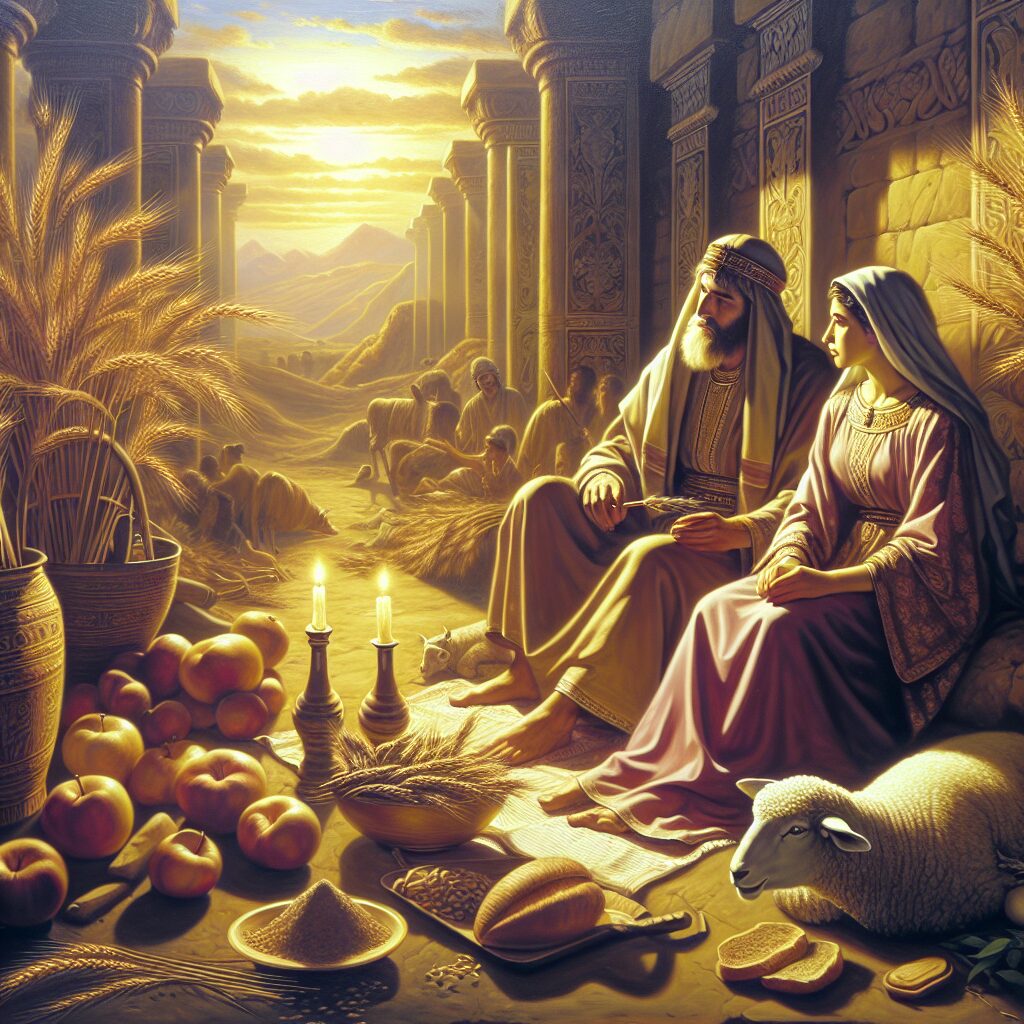Daily Bible Affirmation for December 19, 2020 – Leviticus 26:41

Bible Verse
“And if they confess their iniquity and the iniquity of their fathers in their treachery that they committed against me, and also in walking contrary to me…” – Leviticus 26:41
Reflection
The verse from Leviticus 26:41 invites us into a profound understanding of our relationship with God, highlighting both the depths of human imperfection and the greatness of divine mercy. This passage is nestled within a larger narrative where God lays out the blessings for obedience and the consequences of disobedience for the Israelites. It presents a heartfelt provision for reconciliation, emphasizing confession and turning back towards God as pivotal steps.
In this verse, God acknowledges the historical and personal struggle with sin, extending across generations. It’s a reminder that we often carry the burdens and patterns not only of our actions but of those before us. However, the beauty lies in the invitation to confess, opening a pathway to redemption and healing. It underscores the unfathomable grace and patience God has for His people, a theme that resonates throughout the Bible. This is not merely about ritualistic confession but an inward journey—taking responsibility, understanding our actions, and earnestly seeking God’s forgiveness.
Confession is portrayed here not as an act of defeat or shame but as a liberating step towards personal and communal restoration. It encourages believers to confront the truth of their existence, recognizing that God’s purpose is not to condemn but to heal and restore. The verse calls us to reflect on our own lives and how we might have acted ‘contrary’ to divine purpose, focusing not just on the individual but the collective journey of faith.
In today’s world, this passage reminds us that acknowledging our weaknesses, through sincere confession, is a courageous act. It’s easy to be swept away by the pressures to portray perfection, but Leviticus 26:41 reassures us that being aware and transparent of our shortcomings is part of growing closer to God. It allows His love to transform us, breaking the chains of past sins, whether they are personal or generational.
Furthermore, this verse brings unity as it addresses not just personal sin but communal and historical iniquity, challenging us to be proactive in our faith communities. By owning our collective story, we cultivate a deeper bond within the community, fostering support and accountability. This acts as a guiding light for personal growth and communal resilience, a testament to God’s eternal hope and promise of renewal.
The scripture nudges us towards an inclusive faith journey—one that appreciates the diversity of our personal and familial histories while pointing us towards a shared future rooted in God’s grace. As we internalize this message, we learn to extend the same compassion and understanding to others, building bridges of empathy and support.
Closing Thought
Let us embrace the power of confession as a step toward liberation and healing. In acknowledging our missteps and those of our past, we open the door to God’s transformative grace, paving the way for renewed hope, deeper faith, and profound unity with God and one another.
Daily Bible Affirmation for December 19, 2020 – Leviticus 26:41 Read Post »



